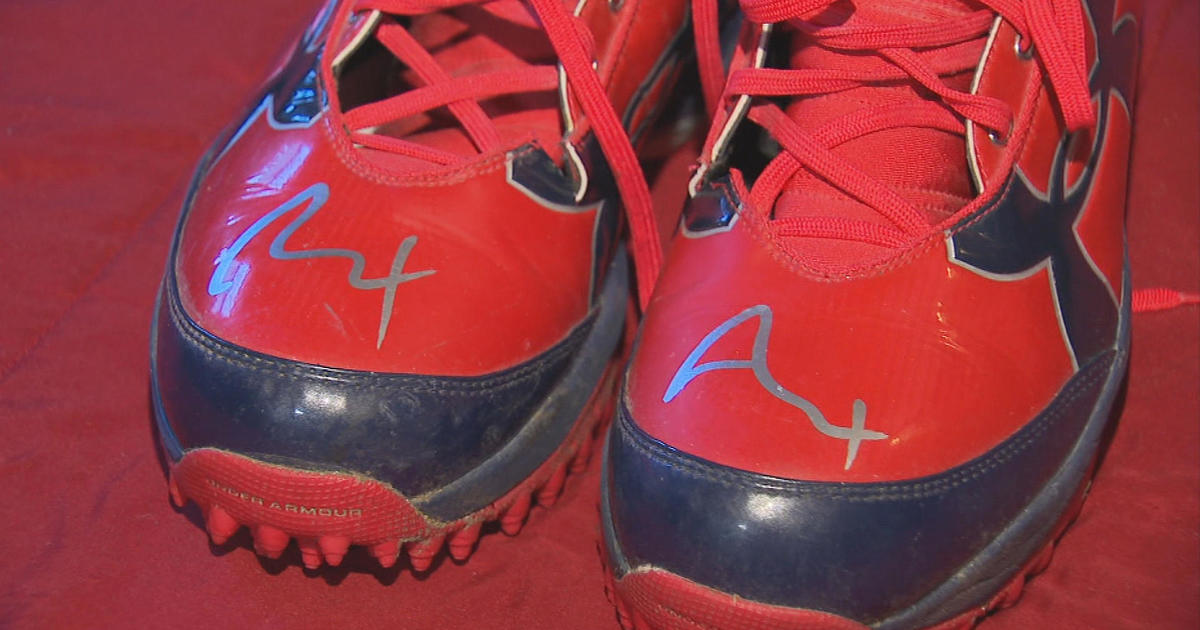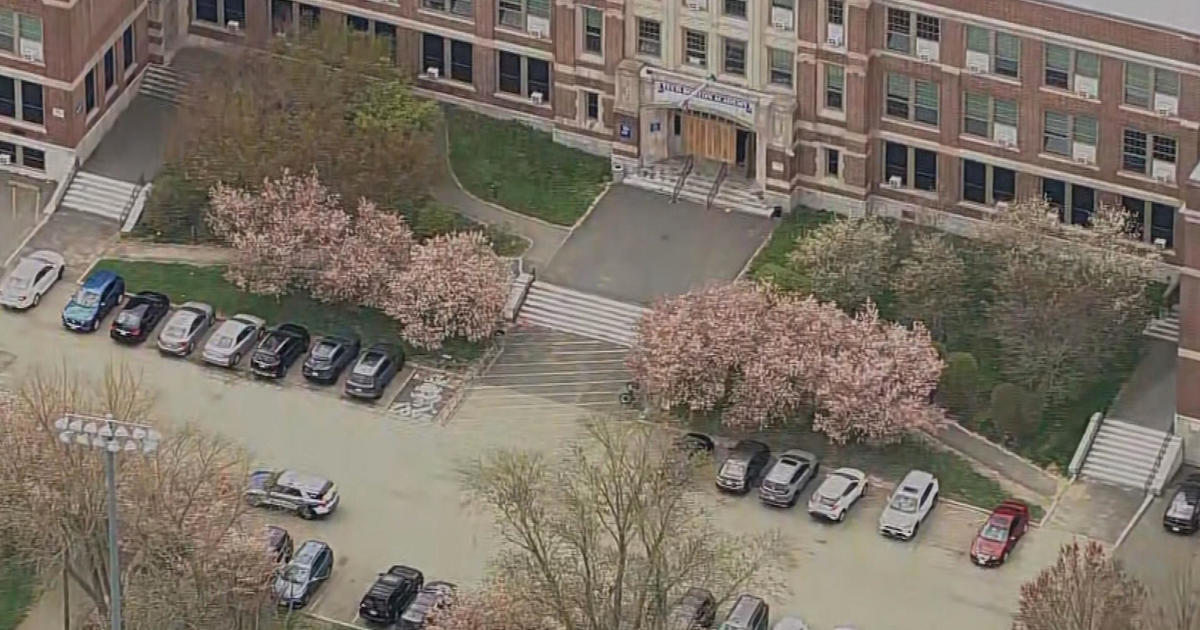9 Dead, 13,000 At Possible Risk In Meningitis Outbreak
NEW YORK (AP) — As many as 13,000 people received steroid shots suspected in a national meningitis outbreak, health officials said Monday. But it's not clear how many are in danger.
Officials don't how many of the shots may have been contaminated with meningitis-causing fungus tied to the outbreak. And the figure includes not only those who got them in the back for pain — who are most at risk — but also those who got the shots in other places, like knees and shoulders.
Those injected in joints are not believed to be at risk for fungal meningitis, said Curtis Allen, a spokesman for the Centers for Disease Control and Prevention. He said there was no breakdown available of how many had the shots in the back or in joints.
The CDC count of cases reached 105 on Monday, including eight deaths. A ninth death was reported late Monday by a Nashville, Tenn., hospital.
Tennessee has the most cases, followed by Michigan, Virginia, Indiana, Florida, Maryland, Minnesota, North Carolina and Ohio.
All had received shots for back pain, and investigators suspect a steroid medication made by a specialty pharmacy. About 17,700 single-dose vials of the steroid sent to 23 states have been recalled. Inspectors found at least one sealed vial contaminated with fungus, and tests were being done on other vials.
The first known case of the rarely seen fungal meningitis was diagnosed last month in Tennessee. The steroid maker, New England Compounding Center of Framingham, Mass., recalled the drug, and over the weekend recalled everything else it makes.
"While there is no indication at this time of any contamination in other NECC products, this recall is being taken as a precautionary measure," the company said in a statement.
Meningitis is an inflammation of the lining of the brain and spinal cord, and a back injection would put any contaminant in more direct contact with that lining.
Symptoms on meningitis include severe headache, nausea, dizziness and fever. The CDC said many of the cases have been mild and some people had strokes. Symptoms have been appearing between one and four weeks after patients got the shots.
A Michigan man whose wife's death was linked to the outbreak said Monday that he, too, was treated with steroids from one of the recalled batches.
"Not only have I lost my wife, but I'm watching the clock to see if anything develops," George Cary said, as friends and family gathered for his wife's wake in Howell, 60 miles northwest of Detroit.
His wife, Lilian, 67, had been ill since late August, but meningitis wasn't detected until Sept. 22, her husband said. She suffered a stroke and died Sept. 30, he said.
Michigan officials have not released the names of two people who have died in the outbreak in that state, but did say one was a 67-year-old woman.
Fungal meningitis is not contagious like the more common forms. The two types of fungus linked so far to the outbreak are all around, but very rarely causes illness. Fungal meningitis is treated with high-dose antifungal medications, usually given intravenously in a hospital.
The steroid is known as preservative-free methylprednisolone acetate, which the compounding pharmacy creates by combining a powder with a liquid.
Doctors should contact any patient who got doses from any of the recalled lots, and should look back at their records as far back as mid-May, CDC officials say.
___
AP writer Ed White in Detroit contributed to this report.
___
Online:
CDC information: http://www.cdc.gov/HAI/outbreaks/meningitis.html
Copyright 2012 The Associated Press.



